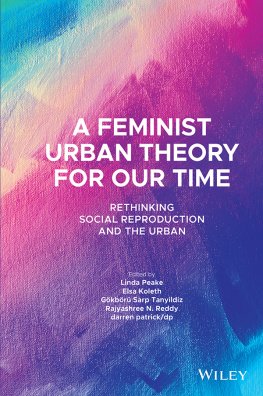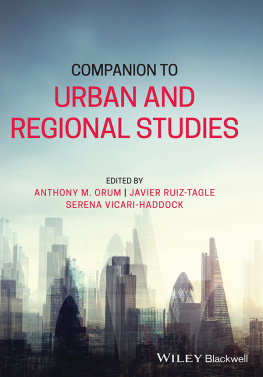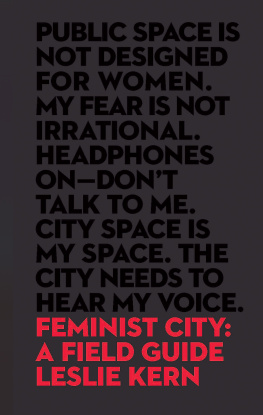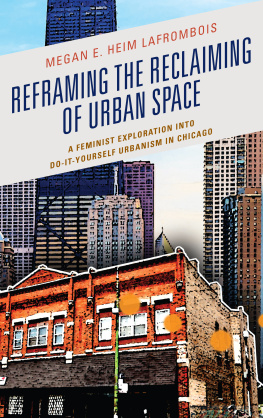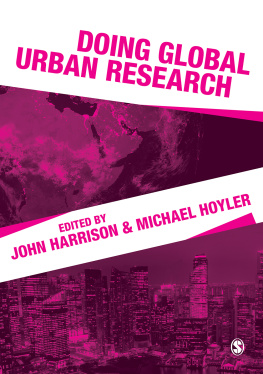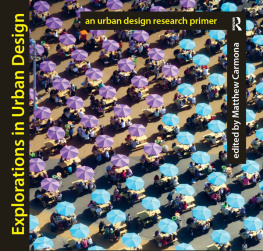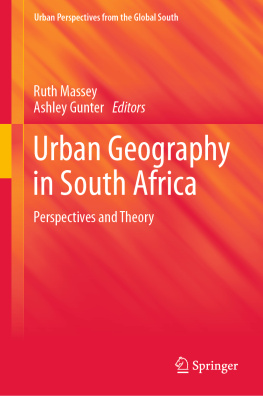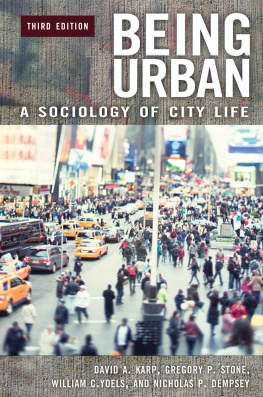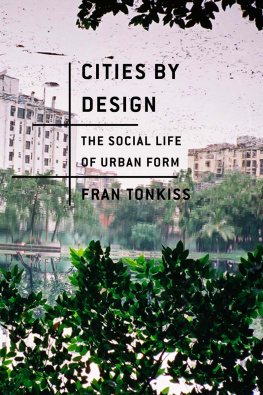Linda Peake - A Feminist Urban Theory for Our Time: Rethinking Social Reproduction and the Urban (Antipode Book Series)
Here you can read online Linda Peake - A Feminist Urban Theory for Our Time: Rethinking Social Reproduction and the Urban (Antipode Book Series) full text of the book (entire story) in english for free. Download pdf and epub, get meaning, cover and reviews about this ebook. year: 2021, publisher: Wiley, genre: Politics. Description of the work, (preface) as well as reviews are available. Best literature library LitArk.com created for fans of good reading and offers a wide selection of genres:
Romance novel
Science fiction
Adventure
Detective
Science
History
Home and family
Prose
Art
Politics
Computer
Non-fiction
Religion
Business
Children
Humor
Choose a favorite category and find really read worthwhile books. Enjoy immersion in the world of imagination, feel the emotions of the characters or learn something new for yourself, make an fascinating discovery.
- Book:A Feminist Urban Theory for Our Time: Rethinking Social Reproduction and the Urban (Antipode Book Series)
- Author:
- Publisher:Wiley
- Genre:
- Year:2021
- Rating:4 / 5
- Favourites:Add to favourites
- Your mark:
A Feminist Urban Theory for Our Time: Rethinking Social Reproduction and the Urban (Antipode Book Series): summary, description and annotation
We offer to read an annotation, description, summary or preface (depends on what the author of the book "A Feminist Urban Theory for Our Time: Rethinking Social Reproduction and the Urban (Antipode Book Series)" wrote himself). If you haven't found the necessary information about the book — write in the comments, we will try to find it.
What does a feminist urban theory look like for the twenty first century? This book puts knowledges of feminist urban scholars, feminist scholars of social reproduction, and other urban theorists into conversation to propose an approach to the urban that recognises social reproduction both as foundational to urban transformations and as a methodological entry-point for urban studies.
- Offers an approach feminist urban theory that remains intentionally cautious of universal uses of social reproduction theory, instead focusing analytical attention on historical contingency and social difference
- Eleven chapters that collectively address distinct elements of the contemporary crisis in social reproduction and the urban through the lenses of infrastructure and subjectivity formation as well as through feminist efforts to decolonize urban knowledge production
- Deepens understandings of how people shape and reshape the spatial forms of their everyday lives, furthering understandings of the infinite variety of the urban
- Essential reading for academics, researchers and scholars within urban studies, human geography, gender and sexuality studies, and sociology
Linda Peake: author's other books
Who wrote A Feminist Urban Theory for Our Time: Rethinking Social Reproduction and the Urban (Antipode Book Series)? Find out the surname, the name of the author of the book and a list of all author's works by series.

